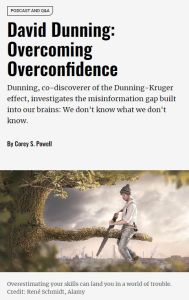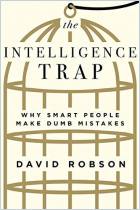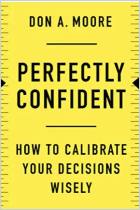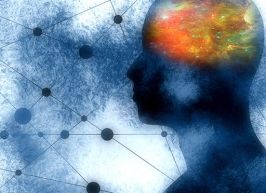Melden Sie sich bei getAbstract an, um die Zusammenfassung zu erhalten.

Melden Sie sich bei getAbstract an, um die Zusammenfassung zu erhalten.
David Dunning and Corey S. Powell
David Dunning: Overcoming Overconfidence
Dunning, co-discoverer of the Dunning-Kruger effect, investigates the misinformation gap built into our brains: We don’t know what we don’t know.
OpenMind Magazine, 2024
Was ist drin?
A little knowledge is a dangerous thing. Know your limitations.
Recommendation
The Dunning-Kruger effect — a phenomenon that is often oversimplified to “stupid people don’t know they’re stupid” — has become a popular meme, retort, and insult, particularly in online debates. But even people who boast extreme intelligence in one field can be blind to their ignorance in another. In this frank interview with journalist Corey S. Powell, social scientist David Dunning explains how he and his colleague Justin Kruger researched their hypothesis, and he corrects common misunderstandings about the theory. Dunning urges individuals and institutions to become more self-aware of their limitations.
Summary
About the Podcast
Social psychologist David Dunning co-authored the 1999 paper Unskilled and Unaware of It: How Difficulties in Recognizing One’s Own Incompetence Lead to Inflated Self-Assessments, which introduced the hypothesis now known as the Dunning-Kruger effect. His current research at the University of Michigan examines belief and trust. Corey S. Powell is the co-editor at OpenMind, a nonprofit organization that aims to debunk scientific myths.






















Comment on this summary